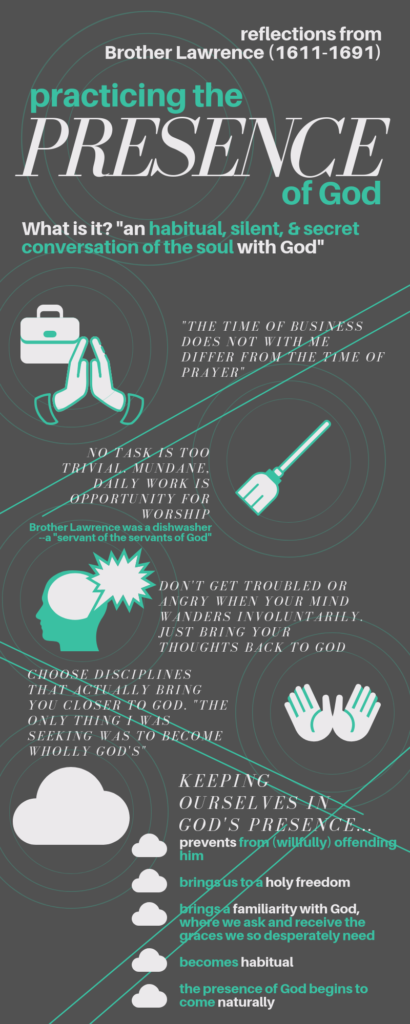 Those of you who are married: Remember that moment where you piled all those fluffy white layers into the car with tin cans clanking on the back? Or maybe you loosened your tie and pressed on the gas with those rented shoes, rose petals or rice or birdseed flying off the back.
Those of you who are married: Remember that moment where you piled all those fluffy white layers into the car with tin cans clanking on the back? Or maybe you loosened your tie and pressed on the gas with those rented shoes, rose petals or rice or birdseed flying off the back.
There was something about finally closing the door, muting the noise, and looking at each other: Finally. After all of that craziness, we are married.
It was a little weird. Like, is that it? Stood up at the church, shook a bunch of hands at the reception, and now…my identity is different?
In the days after, for me at least, there were those Oh, yeah. I’m married moments: Going to the Social Security office. Learning to write my new name on a check. Catching the glint of my ring reflecting off the wall. Waking up next to someone else.
The New Normal
But of course it becomes unremarkable. I’ve almost been married now longer than I’ve not been married.
I think that’s the closest I can come to explaining how I receive the vintage wisdom of Brother Lawrence, a French monk who in all seriousness, spent the latter part of his life washing dishes for other monks as “the lord of all pots and pans”.
Lawrence considered his life an experiment. He ended up using the mundane in the exact opposite way expected. He devoted himself to something we gave very little record anyone doing before him: attempting to seamlessly walk in God’s presence; being with God in “an habitual, silent, and secret conversation of the soul.” Richard Foster speaks of him taking his simple work and turning it into “the sacrament of the present moment.”
Who knows? Sounds like the dishes were actually part of it. Kathleen Norris writes of “thankless, boring, repetitive tasks”,
God knows that being rendered temporarily mindless as we toil is what allows us to approach the temple of holy leisure.
….The contemplative in me recognizes the sacred potential in the mundane task.
Learning a New Rhythm
Maybe it’s a little like twisting that new ring on your finger, or waking up all those mornings after a wedding, reminding yourself of your new identity. Doing life together in this central relationship eventually becomes the norm.
Now, there could be those moments like one in my family history. My dad didn’t move out of his family farmhouse when he married; my grandparents retired, so they moved into town, and my mom moved in with my dad. One night at bedtime, my dad ran upstairs toward his old childhood bedroom out of habit. My mom shouted up, “Okay, but I’m sleeping down here.” (Pretty sure he didn’t stay upstairs.)
I say that because as a young believer, I used to kick myself. Why wasn’t I thinking of God constantly? Why could I put him out of my head for hours at a time?
Brother Lawrence, though, speaks of not freaking out (my words) when our minds wander from that constant conversation. We’re learning a new habit; signing a new last name, so to speak. I’ve written a lot about what spiritual disciplines look like in real life, so perhaps that’s why I like recognizing this as one of them. It takes practice, kneading this into our lives until it becomes part of the dough of our lives.
He even speaks of choosing against man-made disciplines and methods that don’t bring us closer to or more joyful with God. (Not that there’s not a place for perseverance in the hard stuff, like fasting. But some ideas can be a bit like trying out the methods from marriage books. If it doesn’t improve your marriage in the long run, should you still be doing it?)
So in this throwback today, I’m corralling a few of his thoughts about sticking around in God’s presence, learning to do life with God constantly.
Though you know I’m not a big fan of the “shoulds”, I like Brother Lawrence’s heart here.
We should fix ourselves firmly in the presence of God by conversing all the time with Him…we should feed our soul with a lofty conception of God and from that derive great joy in being his.
Brother Lawrence
Like this post? You might like
- Spiritual Disciplines for Real Families
- Freebie Fridays: Practical Tips on Humility from a Dead Bishop [INFOGRAPHIC]
- INFOGRAPHIC: Ideas to Take Back Your Sabbath
- Blessed are the Middle Class in Spirit? An Infographic on Coming to God as a Child
- 14 Great Paradoxes of Jesus’ Death [printable INFOGRAPHIC]
- The whole collection of Infographics
Taken from Devotional Classics: Selected Readings for Individuals and Groups. New York: HarperCollins (2005), pp. 369-375. Richard J. Foster and James Bryan Smith, eds.













![Now You're Speaking My [Love] Language Now You're Speaking My [Love] Language](https://www.janelbreitenstein.com/wp-content/uploads/2015/08/love-languages-text-1.jpg)





Leave a Reply